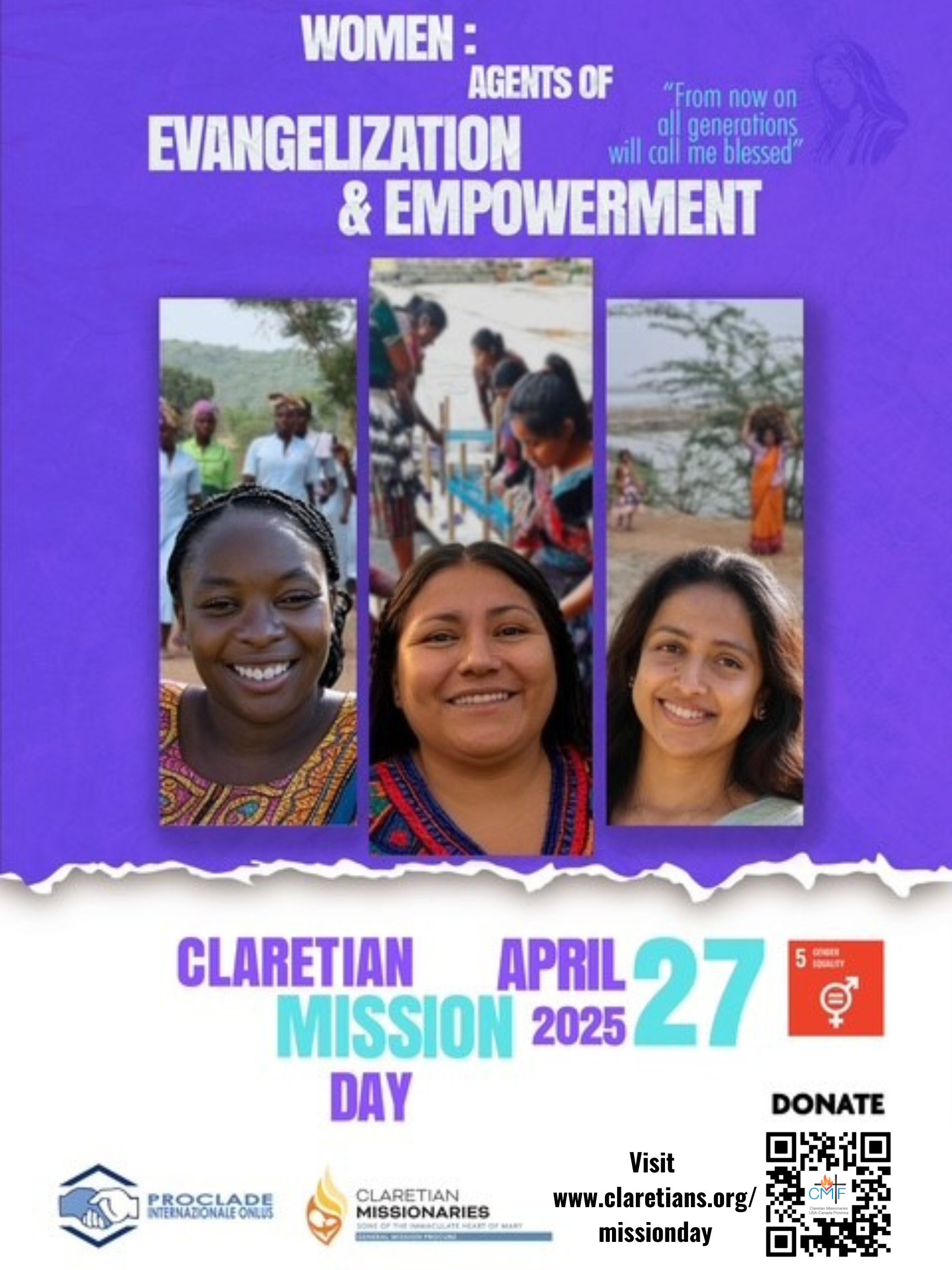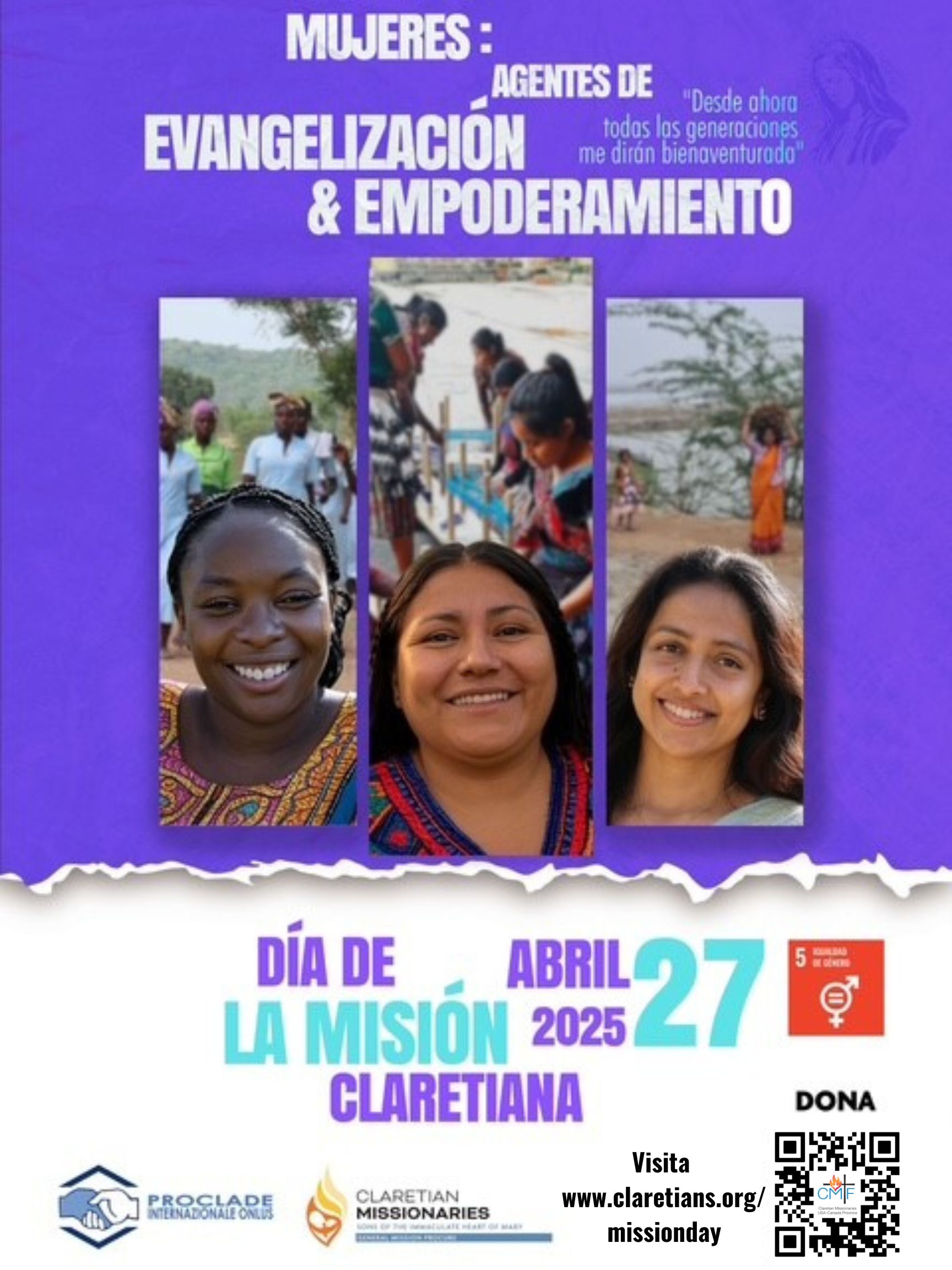The youth of today would be well served to recall Vatican II’s message to the youth of the past.
By guest blogger Ken Trainor
World Youth Day, I suspect, attracts, inspires and/or meets the spiritual needs of those young people looking for a highly structured, hierarchical, institutionalized approach to spirituality, which is what the official version of the Catholic Church currently offers.
It does not reach the many young people, Catholic and non-Catholic, who define themselves as “spiritual,” but are suspicious of institutional religion, often with good reason. This generation has frequently been praised for their strong service values. Their hearts are in the right place.
The church of John Paul II and Benedict XVI will not reach these young people, no matter how many worldwide rallies they hold. The church of John XXIII and Vatican II, however, is tailor-made for them. It’s too bad the current Catholic Church has been trying its best to sweep that church under a rug.
October of 2012 is the 50th anniversary of the Second Vatican Council. Learning about what happened there would excite young people who are interested in spirituality but suspicious of institutional religion.
But my guess is that World Youth Day in Madrid this year will not mention John XXIII or Vatican II. One place to start would be to read the “Message to Youth,” the final “closing comment” delivered during the ceremonies ending Vatican II on December 8, 1965. Here’s a sample:
“For four years the Church has been working to rejuvenate her image in order to respond the better to the design of her Founder, the great Living One, the Christ who is eternally young. At the term of this imposing re-examination of life, she now turns to you. It is for you, youth, especially for you that the Church now comes through her Council to enkindle your light, the light which illuminates the future, your future. The Church is anxious that this society that you are going to build up should respect the dignity, the liberty, and the rights of individuals. These individuals are you. The Church is particularly anxious that this society should allow free expansion to her treasure, ever ancient and ever new, namely faith, and that your souls may be able to bask freely in its helpful light. She has confidence that you will find such strength and such joy that you will not be tempted, as were some of your elders, to yield to the seductions of egoistic or hedonistic philosophies or to those of despair and annihilation, and that in the face of atheism, a phenomenon of lassitude and old age, you will know how to affirm your faith in life and in what gives meaning to life, that is to say, the certitude of the existence of a just and good God.
“It is in the name of this God and of His Son, Jesus, that we exhort you to open your hearts to the dimensions of the world, to heed the appeal of your brothers, to place your youthful energies at their service. Fight against egoism. Refuse to give free course to the instincts of violence and hatred which beget wars and all their train of miseries. Be generous, pure, respectful, and sincere, and build in enthusiasm a better world than your elders had.
“The Church looks to you with confidence and with love. Rich with a long past ever living in her, and marching on toward human perfection in time and the ultimate destinies of history and of life, the Church is the real youth of the world.”
The message of Vatican II is the message young people need to hear at World Youth Day.
By Ken Trainor, a practicing, progressive Catholic, who was 10 years old when Vatican II began. For the past 20 years, he has been a reporter, editor and weekly columnist for Wednesday Journal, a newspaper in Oak Park. You can find his column at OakPark.com/Opinion/KenTrainor.
For the week of August 15 – August 19, we’ll be featuring reflections from guest bloggers in celebreation of World Youth Day 2011. To submit your reflection, email onlineeditor@uscatholic.org with no more than 500 words. We cannot promise your submission will be published.
Guest blog posts express the views of the author. They do not necessarily reflect the views of U.S. Catholic, its editors, or the Claretians.








